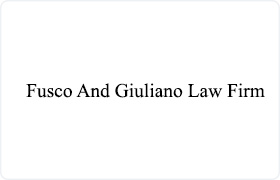 Centerbrook Felony Lawyers, Connecticut
Centerbrook Felony Lawyers, Connecticut
Sponsored Law Firm
-
 x
x

Click For More Info:
-
Fusco And Giuliano Law Firm
39 Russ Street Hartford, CT 06106» view mapCriminal Defense Law Working Relentlessly For You
Fusco And Giuliano Law Firm serves clients in Hartford, CT and the surrounding areas.
800-731-1370
Warning! No lawyers found in this specified area.
Not enough matches for Centerbrook Felony lawyer.
Below are all Centerbrook Criminal lawyers.
Lawyers
1-0 of 0 matches



 Carmine Giuliano Hartford, CT
Carmine Giuliano Hartford, CT AboutFusco And Giuliano Law Firm
AboutFusco And Giuliano Law Firm Practice AreasExpertise
Practice AreasExpertise